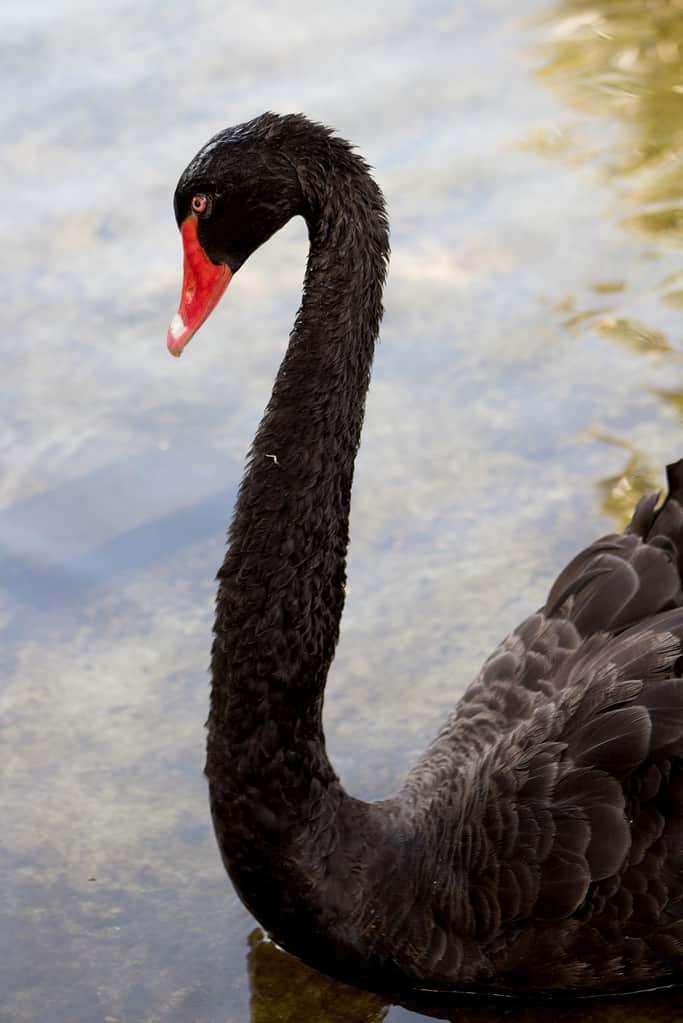Concerns have been raised about the welfare of the native Australian black swans at Forest Lake after all five of their babies born during the recent breeding season died within a fortnight.
Roddy Mackenzie has been a Forest Lake local for 30 years, and had been closely observing the pair of swans and their babies.
“This year the swans had five cygnets,” Roddy said.
“Unfortunately, after five days they were down to one surviving cygnet. This cygnet survived for a total of ten days, until it too was taken by a predator.”
The parent swans could be seen mourning the loss of their brood after the death of their final remaining cygnet.
“The parents – the Cob and the Pen – seemed to walk around in a daze before departing the lake a week or two later,” Roddy said.
The problem of the black swan’s failure to survive at the lake unfortunately appears to be a recurring issue.
For approximately 10 years, the pair of swans have returned to the lake annually to breed and raise their young.
Each year during the breeding season, adult offspring from previous years normally also return to their nesting sites with their families to visit their parents, where they remain together for a few weeks.
“In all that time, it appears only one of the pair’s cygnets has survived to adulthood, and it returns to visit its parents for around two weeks every year,” Roddy said.
Black Swans mate for life and can live for up to 40 years in the wild. Their nests are made up of circular mounds of sticks and vegetation located on small islands or floating on water. Nests usually contain between four to ten eggs. Both parents take turns incubating the eggs over a period of 29 to 36 days.
Swan cygnets are most vulnerable during the first two weeks of their life due to their small size and lack of defence against predators. Roddy Mackenzie hopes there is something that can be done to protect the swans and their cygnets to ensure the survival of any future broods.
Councillor Charles Strunk said residents can contact the Queensland Government Parks and Wildlife Services on 137 468 if they had any urgent concerns about the swans in their natural habitat.
“Like many residents I am sad that only a few cygnets have survived and would like to see the numbers increase,” he said.
“While we would all like to intercede to bring about an increased survival rate, we need to be led by those professionals who undertake this work.”
In order to help preserve our wild swans, the RSPCA recommends the following:
Be on the lookout: if you see a cygnet separated from its parents, or come across a sick or injured bird, contact the RSPCA on 1300 ANIMAL (1300 264 625) open 24 hours, 7 days a week.
Don’t approach wild black swans: this can scare the parents away and cause them to abandon their young, leaving them unprotected and vulnerable.
Don’t litter: Each year the RSPCA receives thousands of callouts to animals endangered by litter, with swans and other water birds impacted the most. Dispose of all rubbish and fishing litter correctly, and if you notice rubbish nearby you can help out by putting it in the bin.
Don’t feed wild swans: this causes them to lose their natural instincts to forage for food and they may also fail to teach their young how to forage for food. It also decreases their wariness of predators, making them more vulnerable to dogs, cats and other threats. Human food is also not suitable for swans and can cause them to become ill or malnourished.

